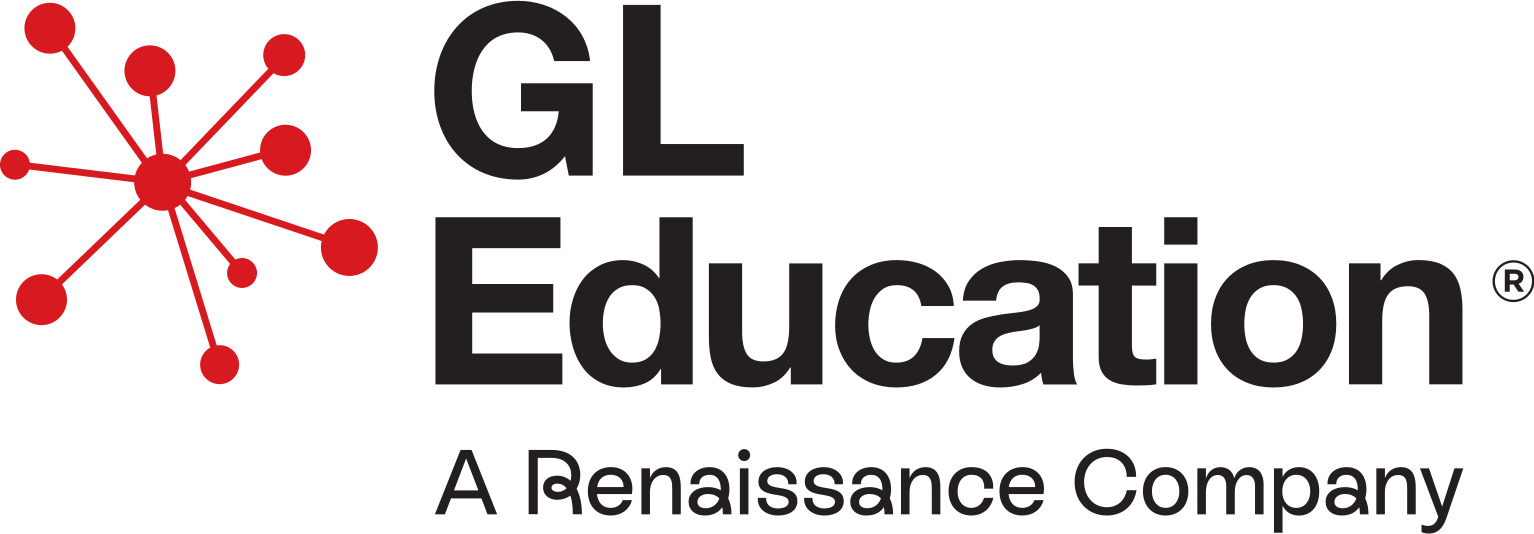Exact and access arrangements
JCQ regulations on access arrangements
Exact has been designed to meet the requirements for examination access arrangements, most notably those regulated by the Joint Council for Qualifications (JCQ) for GCSE and A-level examinations. Schools and colleges may apply for access arrangements in examinations for students with learning difficulties or other disabilities, which may take the form of extra time, rest breaks, use of a word processor or provision of a reader or a scribe. Exact is already widely used by many schools and examination centres for access applications, and is accepted by JCQ, although it does not provide ALL the evidence needed when applying for exam access arrangements (there is no single test currently on the market that can provide all the information necessary for this purpose). Section 5 specifically provides advice to those assessing the need for examination access arrangements.
The JCQ publishes ‘Access Arrangements and Reasonable Adjustments’ (AARA) each autumn. JCQ AARA is subject to revision each year and assessors should therefore check these regulations on an annual basis. Hard copies are sent to centres in September, or the booklet may be downloaded from JCQ website.
Cambridge Assessment - exam access
There are two types of additional arrangements available if you are using exams from Cambridge Assessment: access arrangements; and centre-delegated access arrangements.
Access Arrangements
When applying to CiE (Cambridge International Examinations) for additional time for your students, you need to submit the Access Arrangements: Preparation – Form 1 along with evidence showing that the student has a ‘history of need’ that justifies the application. Many of our assessments and screeners, including Exact and CAT4, can be used in this supporting evidence.
The deadlines for these applications are:
June series – 21 January
November series – 1 July
Centre-Delegated Access Arrangements
For the arrangements listed below, you don’t need to apply directly to CiE, but you will need to complete the Centre-Delegated Access Arrangements: Preparation – Form 4, and keep a copy, along with evidence from assessments such as Exact, to justify the need for the arrangements.
- extra time up to 25% (not permitted in syllabuses where time is the focus of the exam)
- reading pen
- separate invigilation
- prompter
- transcript
- word processor
- reading aloud
- supervised rest breaks
- coloured overlays
- visual aids, for example, magnifying glasses
- colour naming
You can find more information on CiE’s website.
Why Exact is suitable for access arrangements and assessments
In exams, students are under the pressure of strict time limits, which may pose particular problems for those with difficulties in handwriting, reading or spelling. Indeed, it is for this reason that students with these difficulties are often allowed extra time by the awarding bodies. It has already been pointed out that literacy tests that are not timed are unlikely to reflect properly the levels of competence of individuals of secondary school age or older, particularly in situations such as examinations (see Section 1.1.2).
Consequently, all the tests in Exact include an element of time pressure in order to replicate exam conditions. Thus, in the spelling test there is ample time for students to type each word and correct a simple mistake but not enough time for them to try out a variety of different spellings. In the comprehension test, because dyslexic pupils may have to read and re-read questions a number of times in order to fully understand them, we have not only set a time limit on the whole test but have also included a measure of reading comprehension speed, relating to the time taken for the questions to be understood.
The Exact word recognition test can give an indication of slow reading of single words, but because it is timed it cannot currently be used as evidence for a reader because the JCQ AARA currently specifies an untimed test of single word reading accuracy for a reader application (see below). A student who can read single words in the absence of time pressure but who struggles to do so when under time pressure might benefit more from extra time than from a reader.
The Exact spelling test is suitable for an application for a scribe, word processor with spell check enabled, or speech recognition technology, all of which are permitted when a candidate has permission to use a scribe. The JCQ AARA states that there must be “a spelling accuracy score in the below average range” (JCQ AARA 2021-22, Section 7.5.11). The JCQ does not specify that the spelling test should be either timed or untimed, therefore either will be suitable under current regulations. When providing a below average spelling score as evidence for a scribe, the assessor must also be able to show that spellings are unrecognisable.
Some candidates may be quite proficient readers or writers but need extra time to demonstrate their proficiency. Since all the tests in Exact are speeded, comparing the scores with other tests might be useful. For example, where a candidate scores within the average range on the WRAT5 single word reading test, but achieves a much lower score on the Exact word recognition test, the assessor might consider whether this could be evidence that the candidate is disadvantaged when under time pressure. The same would apply when comparing results of the WRAT5 spelling test with those of the Exact spelling test.
Limitations regarding access arrangements assessments
Administrators wishing to use Exact when assessing eligibility for access arrangements should note that, under current JCQ regulations, the Exact word recognition test is not acceptable as a measure of reading accuracy when applying for a reader because it is a timed test of single word reading (similar to TOWRE 2). Section 7.5.10 of the JCQ AARA 2018-19 specifies an untimed test of reading accuracy. It will therefore be necessary to supplement Exact results with the results of a suitable standardised untimed reading accuracy test, e.g. WRAT5. Nevertheless, validation studies (see Section 1.4) have confirmed that the Exact word recognition test is an excellent test of single word reading, with scores very consistently located between those of WRAT4 and TOWRE. This test is therefore useful to help ‘paint a picture’ of a student’s disabilities as advocated by JCQ when applying for extra time up to 25% (JCQ AARA 2018-19, Sections 5.2.2 and 7.6.1).
The writing tests in Exact take the form of timed writing (both handwriting and typing) to dictation. A poor score in the handwriting test is clear evidence of slow writing speed, while a satisfactory score in the typing test provides evidence of adequate typing skills such that the student would be capable of using a word processor in examinations. A below average handwriting to dictation standard score can be used as evidence for 25% extra time. This might indicate that the physical act of writing is slow for a candidate. Qualitative analysis of the handwriting itself might also provide evidence of illegible writing. The writing to dictation cannot, however, provide evidence of underlying processing issues when considering what to write, or organising thoughts into coherent writing. For this an assessment of ‘free writing’ will be required, and assessors should have such an assessment in their battery of tests and assessments (for further information on assessing free writing consult the Patoss website: www.patoss-dyslexia.org or the Patoss guide Assessing the need for Access Arrangements during Examinations: A Practical Guide). The Exact dictation tests are useful in showing those students for whom a keyboard may be more appropriate than a scribe. This is particularly relevant to students wishing to go to university, where fluency on a keyboard is important and scribes are not readily available.
Assessment of processing speed
Section 5.2.2 of the JCQ AARA 2018-19 specifies provisions regarding speed of working in relation to eligibility for exam access arrangements, such that below average performance (i.e. standard scores below 85) on “cognitive processing measures which have a substantial and long term adverse effect on speed of working” are valid evidence for provision of exam access arrangements. Section 7.5.12 goes on to state that “Cognitive processing assessments would include, for example, investigations of short-term/working memory, phonological processing (e.g. phonological awareness, phonological memory and/or rapid naming), visual processing, sequencing problems, organisational problems, visual/motor co-ordination difficulties or other measures as determined appropriate for the individual by a specialist assessor.”
Exact is a suite of literacy tests and does not contain any cognitive tests. However, another product, Recall, assesses working memory and processing speed in the age range 7:0 to 16:11. Results from these tests are acceptable measures of cognitive processing when applying for exam access arrangements, provided the student is not older than the test ceiling of 16 years 11 months. For further information on Recall, visit the GL website https://www.gl-assessment.co.uk/products/ lucid-recall.
Who can administer Exact?
It depends on the purpose of the assessment. When used for the purposes of general assessment, almost any competent adult can administer Exact with minimal training and by following guidance in the manual. So, it does not have to be a teacher who administers the tests – it could be a teaching assistant, for example. However, interpreting results from Exact requires professional educational skills and so should be left to a qualified teacher. For this reason, Exact is only available for purchase by schools, qualified teachers, other educational institutions and some other professionals connected with education (e.g. speech therapists or careers guidance advisors).
When used for the purposes of assessing eligibility for exam access arrangements, JCQ AARA specifies that the assessment must be carried out by a suitably qualified person, who could be an HCPC registered psychologist, a specialist assessor with an Assessment Practising Certificate or an access arrangements assessor who has successfully completed a postgraduate course at or equivalent to Level 7, including at least 100 hours relating to individual specialist assessment. The head of centre must satisfy themselves that this person is competent to carry out such assessments (JCQ AARA 2018-19, Section 7.3). This person then takes responsibility for selecting appropriate tests, interpreting the results and making the recommendations for access arrangements.
These requirements apply whichever tests are used, whether Exact or any others.

